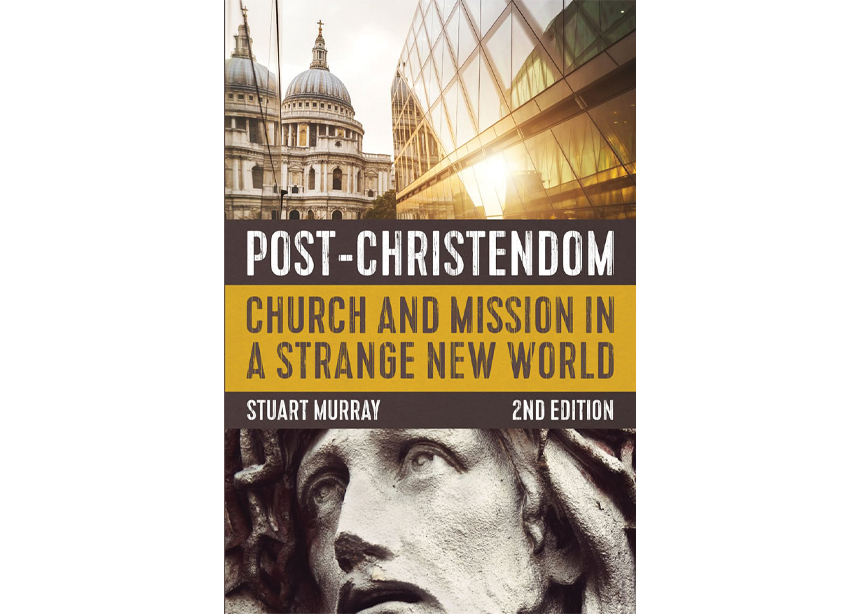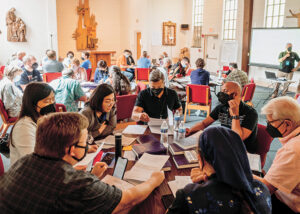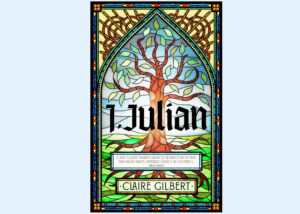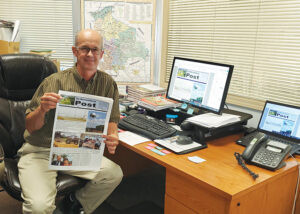Stuart Murray’s Post-Christendom: Church and Mission in a Strange New World is a bold project.
Murray is a church planter, founding director of the Centre for Anabaptist Studies in Great Britain and author of The Naked Anabaptist. In this book, he takes on the brave task of naming the time the Western church is in, as well as where we’ve come from. He outlines what it means to face these realities honestly, with integrity and as Christians.
While his focus is on the history and present of Western Christianity, Murray notes the church in Africa and in the East have different experiences. He says we would do well to humbly avail ourselves of the global church’s wisdom and insights as we navigate this time of transition.
Murray structures his book as a combination of historic and thematic overviews. He names the relevant periods—
pre-Christendom, Christendom and post-Christendom—and addresses specific themes within each, such as biblical interpretation, centrality of Jesus and clericalism. Within these periods he identifies specific groups such as Roman Catholics, mainline reformers, Anabaptists and dissidents like the Waldensians and the Donatists. He addresses these groups via various themes similar to those above.
Although not always tidy, this structure effectively and concisely gives the reader a strong sense of what Christendom is, how it began, what problems it wrought, how it is ending and what response that ending might require of us today.
The time for the centrality of Christianity in Western societies is past, and though we are not there yet, Christian marginality will soon be upon us. For Murray, this is not a dire prediction, but a reality in a pluralistic society, and one worth celebrating. Murray says what is being lost is not Christianity itself, but Christendom, a perverse form of Christianity that took root through imperial force.
Murray humbly recognizes the complexities of history, acknowledging that this is not a story of “good guys versus bad guys.” He encourages readers to do the honest, hard work of acknowledging the evils and corruptions of Christendom, while sorting through the mess to find the elements of Christendom that have been good, nurturing and in line with the gospel of Jesus.
Likewise, he says, we must take a similarly critical approach to Anabaptism, sorting the good from the bad, the helpful from the unhelpful.
Murray points out, for instance, that the post-Christendom church will have an opportunity it hasn’t had for 1500 years: to tell the Christian story to those in our midst who are completely unfamiliar with it. The challenge of the present moment is that, for the most part, people are familiar enough with Christianity to find it uninteresting or offensive (because of our Christendom history), but not familiar enough to know in detail matters such as what Jesus actually said and did. As a pastor in the Mennonite Church in the midst of Anabaptism at 500, I found this book both solemnly refreshing and warmly disheartening. As I consider 500 years of Anabaptism, I am grateful for the heritage, but I am more sorrowful for the increasingly fractured church and the way that Anabaptism is another piece in that tragic puzzle, as the Anabaptist church itself has fractured continuously for a half-millennium.
I acknowledge the necessity for dissidents throughout history and lament how far we dissidents have come in returning to the errors we rejected, even while we reject good fruit from the Catholic and mainline Protestant trees. Each church celebrates itself, its history and its identity as distinct from other churches, while our sameness is so seldom acknowledged. We share a propensity for failing to be disciples of Jesus with unity in Christ.
Post-Christendom reminds us that the future of the Church does not allow us the luxury of petty division nor of nominalism.
It is my honour as a pastor to serve the people of God. Yet I often wonder what on earth we’re doing. What is church? What has it become? How much does what we do at church have to do with being the people of God living in an alter- native kingdom and serving an alternative king, even as we wait for his return?
Post-Christendom speaks directly to these troubling questions, affirming my experience and offering even more questions to consider.
I join Murray in welcoming the age of post-Christendom. Perhaps now that the kingdom Christians built for ourselves is failing, we will have more room to wait, actively and well, for our coming king.








Leave a Reply
You must be logged in to post a comment.